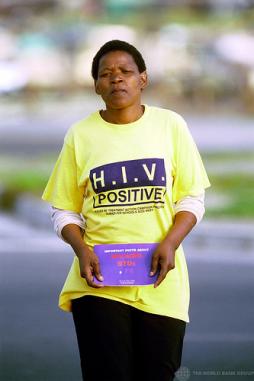social movements
Posted by MohiniBhavsar on Jun 29, 2010
Networked Activism data sheet 1810 Views
Abstract:
The same technologies that groups of ordinary citizens are using to write operating systems and encyclopedias are fostering a quiet revolution in another area - social activism. On websites such as Avaaz.org and Wikipedia, citizens are forming groups to report on human rights violations and organize email writing campaigns, activities formerly the prerogative of professionals. This article considers whether the participatory potential of technology can be used to mobilize ordinary citizens in the work of human rights advocacy.
Existing online advocacy efforts reveal a de facto inverse relationship between broad mobilization and deep participation. Large groups mobilize many individuals, but each of those individuals has only a limited ability to participate in decisions about the group’s goals or methods. Thus, although we currently have the tools necessary for individuals to engage in advocacy without the need for professional organizations, we are still far from realizing an ideal of fully decentralized, user-generated activism.
Drawing on the insights of network theory, the article proposes a model of “networked activism” that would help ensure both deep participation and broad mobilization by encouraging the formation of highly participatory small groups while providing opportunities for those small groups to connect with one another. Drawing on a series of interviews with human rights and other civil society organizations, the article recommends specific design elements that might foster a model of networked activism. The article concludes that although online activism is unlikely to replace some of the functions served by human rights organizations, efforts to create synergies between traditional and online efforts have the potential to provide avenues for real, meaningful, and effective citizen participation in human rights advocacy.
Posted by KatrinVerclas on Oct 07, 2008
How are social movements in the global South taking advantage of the ubiquity of mobile phones? Melissa Loudon, a researcher now working at the University of Capetown, looked at how the South African Treatment Action Campaign (TAC) is using mobiles in their work to advocate for a comprehensive HIV/AIDS policy in South Afric, and wrote this article based on her research.
Kevin Gillan, a researcher on the British anti-war movement, describes social movements as “definitionally collective and communicative”. Co-ordination of protest action, mobilisation of financial resources and strategic interaction would be almost unthinkable without information and communication technologies (ICTs). Although the importance of mass media to social movements has long been recognised, new ICTs burst on the scene in 1999 when demonstrators in the 'Battle of Seattle' orchestrated unprecedented protest action using mobile phones, email and the Internet. Ever since, ICTs have been accepted as an integral part of mobilisation in the North.

